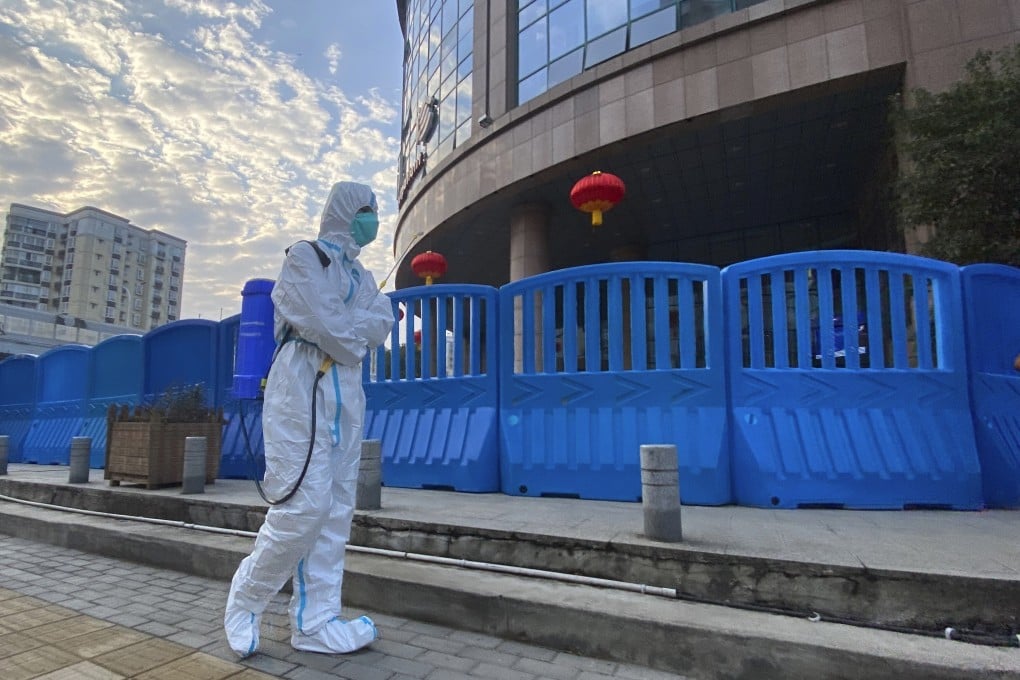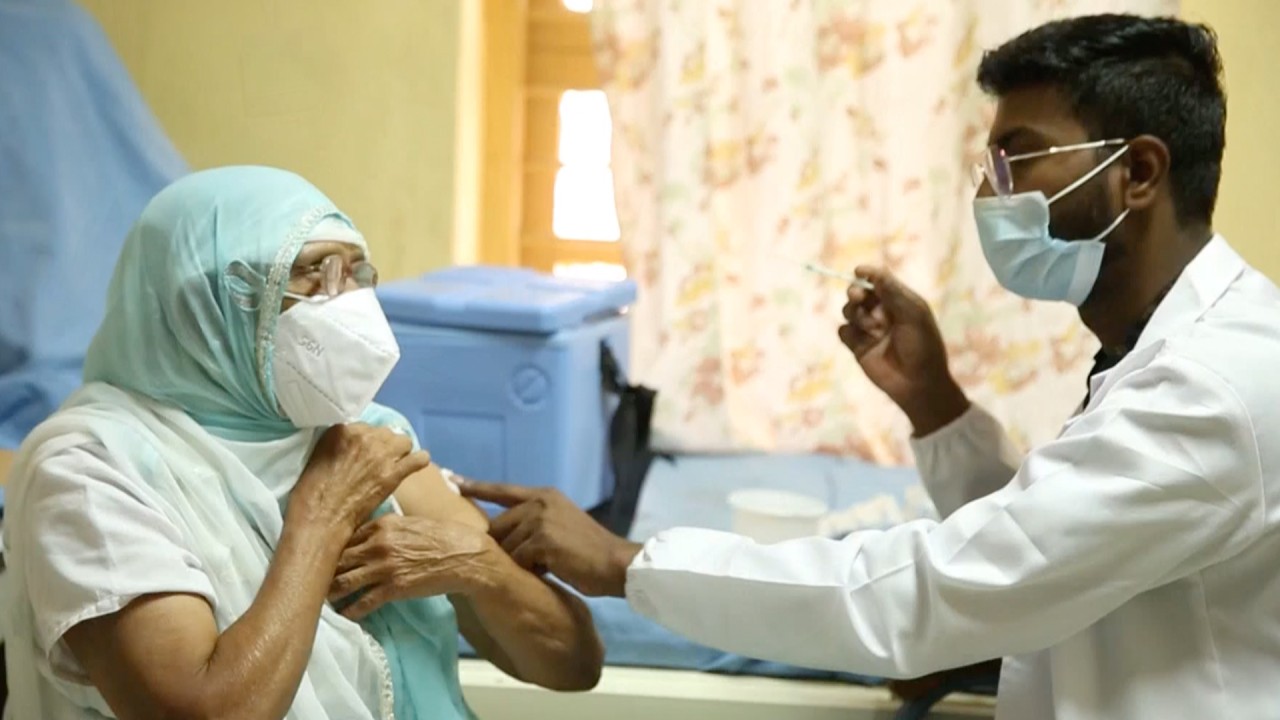US investigation of Covid-19 origins fails to reach conclusive assessment
- Analysts determining Covid-19’s origins remain divided on whether the virus came from a lab leak or jumped from animal reservoir to humans naturally
- President Biden issues a statement after the unclassified report is released that he will press China for more data on the early Covid-19 cases

While dismissing the possibility that Sars-CoV-2 was developed as a biological weapon, intelligence community (IC) analysts trying to determine Covid-19’s origins remained divided about whether the virus came from a lab leak or jumped from an animal reservoir to humans naturally.
Four IC “elements” leaned towards animal-to-human, also known as zoonotic, transmission as most likely, with “low confidence” in that assessment.
One element determined that “the first human infection … most likely was the result of a laboratory-associated incident, probably involving experimentation, animal handling, or sampling by the Wuhan Institute of Virology (WIV)”. That assessment was made “with moderate confidence”.

01:53
India records lowest number of coronavirus cases in 160 days
Analysts at three IC elements “remain unable to coalesce around either explanation without additional information, with some analysts favouring natural origin, others a laboratory origin, and some seeing the hypotheses as equally likely”, according to the summary.

